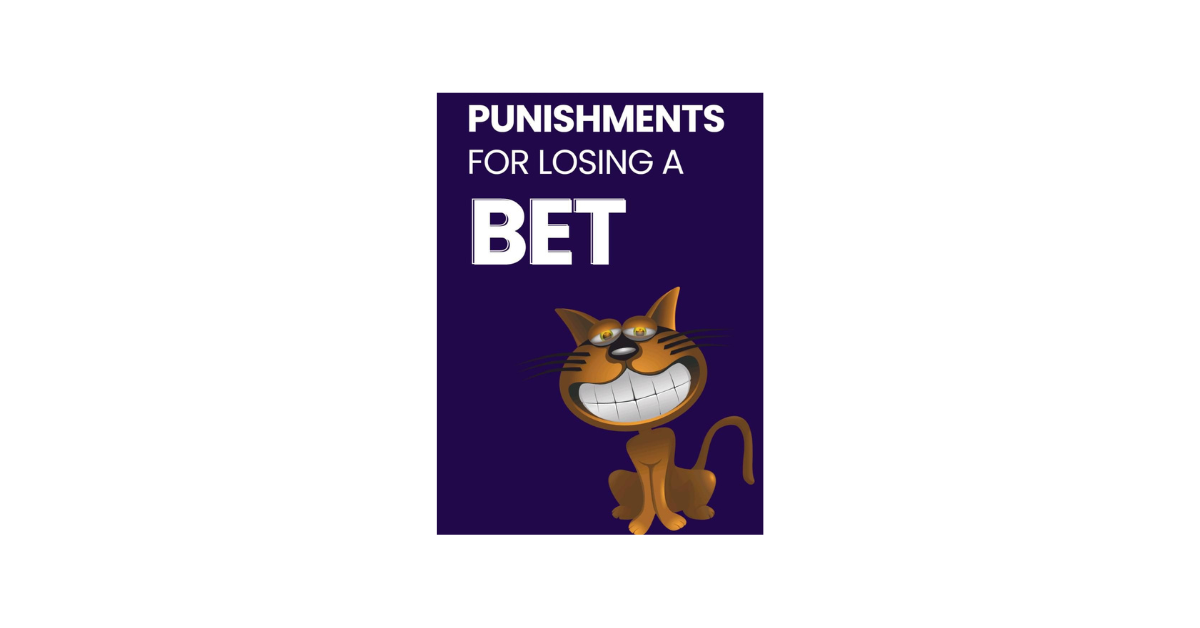Physical Challenge Punishments
When it comes to physical challenge punishments, one common practice is having individuals perform strenuous activities as a consequence for certain actions. This could involve tasks such as running a designated distance within a specified time frame, completing a certain number of repetitions of a particular exercise, or enduring physical discomfort as a form of penalty.
These physical challenges are not only meant to serve as punishment but also as a means of promoting discipline and accountability. By pushing individuals to test their physical limits and endure discomfort, this form of punishment aims to instill a sense of resilience and mental toughness. This can be particularly effective in scenarios where individuals need to learn the importance of perseverance and pushing through difficulties.
Embarrassing Social Media Post Punishments
Embarrassing social media post punishments can be a potent tool for enforcing consequences in this digital age. When individuals engage in inappropriate behavior online, they may face the repercussions of their actions being displayed for all to see. Whether it’s a public apology, a confession of wrongdoing, or a revealing photo, these punishments can leave a lasting impact on one’s reputation.
The fear of humiliation and a tarnished image can serve as a strong deterrent against engaging in behaviors that are not aligned with societal norms. By exposing individuals to the consequences of their actions in a public forum, embarrassing social media post punishments bring accountability and reinforce the importance of responsible online behavior. Resorting to these measures can prompt individuals to think twice before posting content that could have negative repercussions on their personal and professional lives.
Financial Penalty Punishments
One common form of punishment that can be enforced is the financial penalty. This form of discipline often involves individuals having to pay a designated sum of money as a consequence for their actions. Whether it is for a missed deadline at work or a breach of a contract, financial penalties can serve as a deterrent to prevent future misconduct.
Financial penalty punishments can vary in severity depending on the nature of the offense committed. For minor infractions, a small fine may be imposed, while more serious violations could result in a larger sum being required. Regardless of the amount, the goal of implementing financial penalties is to hold individuals accountable for their behavior and encourage compliance with established rules and regulations.
Public Humiliation Punishments
Public humiliation punishments can leave a lasting impact on individuals, often causing deep emotional distress. Whether it’s being forced to wear a sign in a public place detailing a mistake or wrongdoing, or having to perform embarrassing tasks in front of others, the shame and embarrassment can be overwhelming. The fear of judgment and ridicule from onlookers can be a powerful deterrent against repeating the same behavior in the future.
In some cases, public humiliation punishments can be seen as a form of social control, where the individual is made an example of in order to discourage others from engaging in similar actions. While this may seem effective in the short term, the long-term consequences of such punishments can be detrimental to a person’s mental health and self-esteem. The line between discipline and cruelty can easily be blurred when public humiliation is used as a punishment method.
Dare Punishments
Dare punishments are a common form of retribution that often pushes individuals out of their comfort zones. These challenges can range from harmless pranks to more daring tasks that test one’s audacity and resolve. It is not uncommon for individuals to partake in dares in group settings, where peer pressure and the desire to fit in play a significant role in the decision-making process.
The thrill of completing a dare can be exhilarating for some, while for others, the fear of potential embarrassment or harm can be overwhelming. Despite the lure of excitement, it is crucial to exercise caution when engaging in dares to avoid any negative consequences that may arise. Ultimately, dare punishments can serve as a reminder of the risks involved in succumbing to peer pressure and the importance of making thoughtful decisions.















